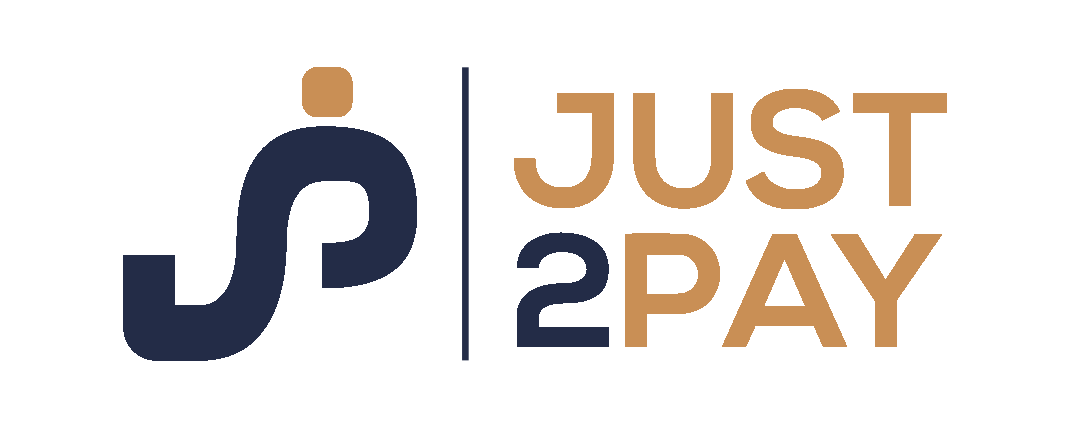The rise of E-Commerce has ignited a wave of new tools and technologies, with SaaS platforms leading the charge. But before diving headfirst into the convenience and speed they offer, it's crucial to weigh both sides of the coin. Let's explore the pros and cons of E-Commerce SaaS to help you make an informed decision for your business.
Pros:
-
- Fast and Easy Launch: Forget months of development and hefty upfront costs. SaaS platforms get you up and running quickly with minimal technical expertise, allowing you to focus on selling, not building.
-
- Simplified Management: Say goodbye to software updates, server maintenance, and security worries. SaaS providers handle all the technical heavy lifting, freeing you to focus on your core business.
-
- Affordability and Scalability: Most SaaS platforms offer flexible subscription plans that scale with your business, eliminating the need for large upfront investments and adapting to your growth seamlessly.
-
- Feature-Rich Solutions: Access a range of powerful features like inventory management, marketing tools, and analytics, often at a fraction of the cost of building your own platform.
-
- Automatic Updates and Security: Enjoy the peace of mind knowing your platform is always up-to-date with the latest features and security patches, ensuring smooth operation and protecting your data.
-
- Accessibility and Mobility: Manage your store and access data from anywhere, anytime, with cloud-based solutions that work seamlessly on any device.
Cons:
-
- Limited Customization: While offering flexibility, SaaS platforms may not provide the same level of customization as self-hosted options, hindering your ability to create a truly unique brand experience.
-
- Vendor Dependence: You rely on the platform provider for uptime, functionality, and support, putting some control in their hands.
-
- Subscription Costs: While often lower than the initial investment of self-hosted solutions, ongoing subscription fees can add up over time, especially for growing businesses.
-
- Platform Switching Difficulties: Migrating to a new platform later can be cumbersome and costly, locking you into your initial choice to some extent.
-
- Potential Integration Challenges: While many platforms offer third-party integrations, seamless compatibility and customization may be limited for specific tools or needs.
-
- Security Concerns: While SaaS providers offer secure environments, data breaches or privacy issues can still arise, requiring vigilance and careful platform selection.
Weighing the Options:
The decision to embrace E-Commerce SaaS ultimately depends on your specific needs, budget, and technical expertise. If you prioritize speed, affordability, and ease of use, SaaS can be a game-changer. However, if you need extensive customization, control over every aspect of your platform, or are willing to manage technical complexities, a self-hosted solution might be a better fit.


